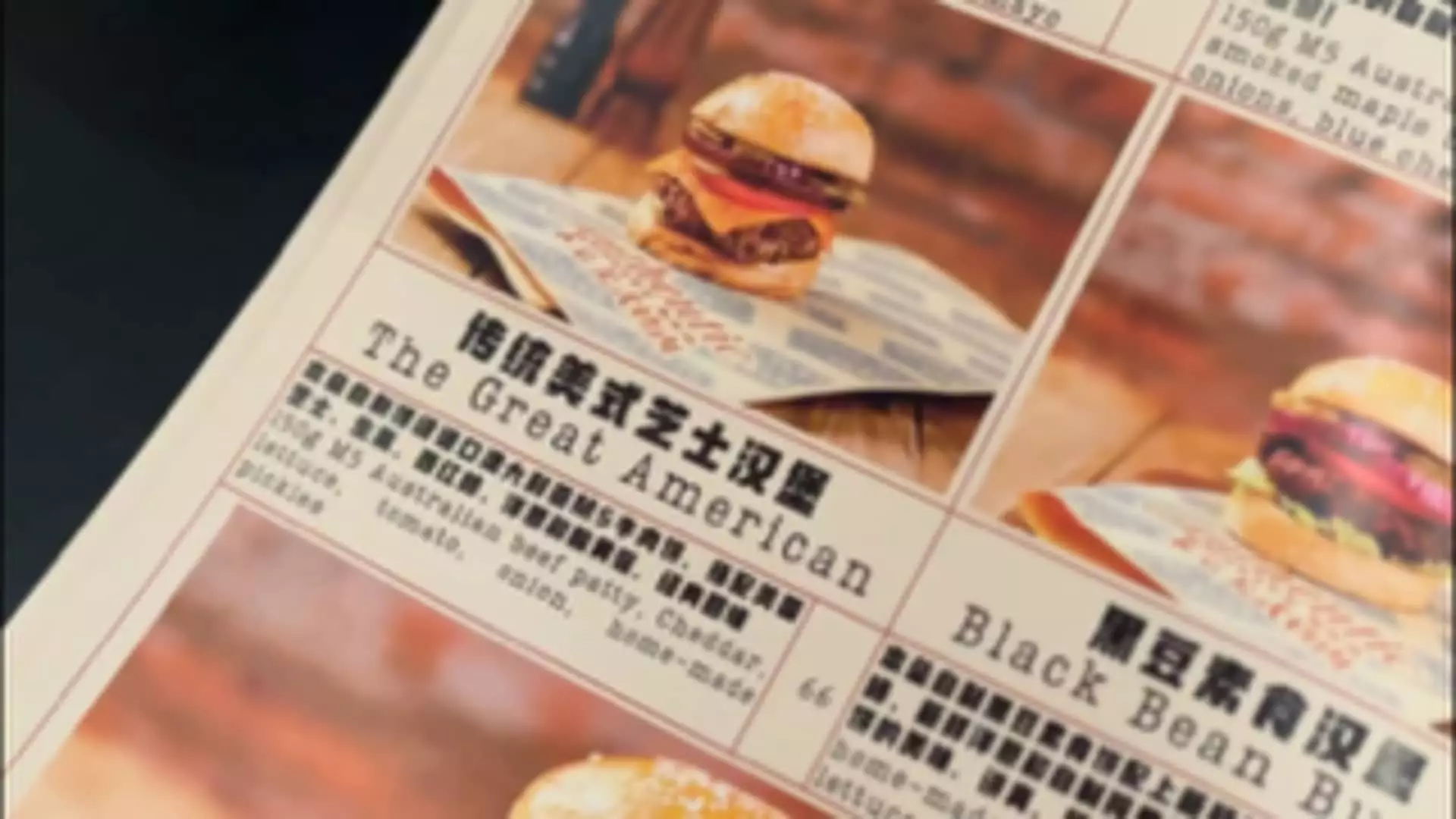In today’s interconnected world, what happens on the political stage reverberates far beyond diplomatic halls; it permeates the very fabric of our daily lives. For Geng Xiaoyun, a restaurant owner in Beijing, a trade war that began over tariffs has led to the eradication of an irreplaceable delicacy: American salt-baked chicken feet, affectionately dubbed “phoenix talons.” This delicacy was not simply another menu item at Kunyuan restaurant; it represented a cultural and culinary touchstone that has now been ripped from existence due to shifting political tides.
The reality that Geng faces is both frustrating and illuminating. A mere tariff hike of 30% led to the necessary removal of a dish celebrated for its spongy perfection, leaving him wistfully reminiscing about the unmatched qualities of American chicken feet. Interestingly, he recognizes that alternatives exist—Brazilian or Russian chicken feet—but starkly notes they simply fail to deliver the same culinary experience. This situation poignantly highlights how intertwined politics and quality of life can become, drawing a direct line between trade negotiations and culinary practices.
The Cost of Broken Promises
The 90-day tariff freeze initially agreed upon may have offered a glimmer of hope, but promises made over a negotiation table have proven as fragile as the chicken feet that were once a staple in many Chinese restaurants. With both the U.S. and China accusing each other of violating the treaty, this entangles restaurants, suppliers, and consumers in an increasingly complex web of market dynamics and uncertainty. From Geng’s perspective, the potential return of American chicken feet is contingent on an unpredictable global political scene—a precarious position for a restaurant owner whose livelihood now hangs in the balance of international relations.
Amid this culinary crisis, one can’t help but wonder: how many American products must vanish from Chinese markets before the implications of these tariffs change? The mere fact that Home Plate, a popular Beijing eatery, has shifted from serving U.S. beef to Australian alternatives underscores a larger trend. Consumers may find themselves unwitting participants in a political battlefield, trading flavors they love for the sake of geopolitics. The embarrassment is palpable, especially when one supplier boldly declares that U.S. beef is “fattier and tastier,” an admission wrapped in layers of regret.
Choose Flavor Over Fallout
What’s at stake is more than just food items lining grocery shelves or meals prepared in bustling restaurants; it’s a reflection of the broader issues of supply chains and the impact of trade policy on everyday experiences in a globalized world. Consumers, while they might be unaware, are at the crux of this trade battle, caught between diplomatic dissension and their desire for the best culinary experiences.
As the battle rages on, it becomes imperative for conscientious eaters to understand that their choices are not bereft of consequences. It begs the question: should we simply acquiesce to the fallout of international disputes, or should we strive for a culinary landscape where flavors thrive unhindered by political strife? The answer may lie in redefining our understanding of trade, ensuring it serves the people rather than politics. Geng, with his small stash of American phoenix talons, embodies hope—a hope that transcends trade deals and emphasizes the importance of culinary heritage. In the end, it may well be the flavors that unite us, even when political landscapes threaten to divide.

